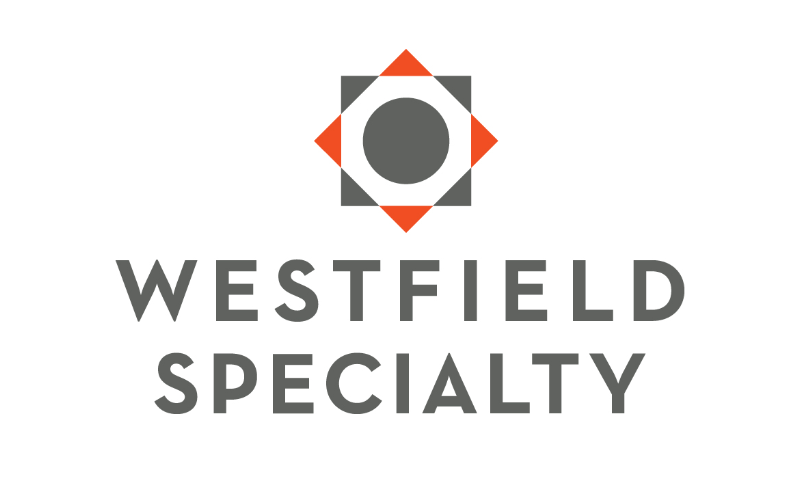Does Home Insurance Cover Appliances? Everything You Need to Know (FAQs Included)
Introduction
Why People Ask About Appliance Coverage
Let’s face it—appliances are expensive. From refrigerators and ovens to washing machines and dishwashers, they’re essential to daily life. So, it’s no wonder homeowners want to know: Does home insurance cover appliances?
The Importance of Knowing What’s Covered
Understanding the fine print in your homeowners insurance policy can save you a lot of headaches and cash when something goes wrong. Whether your appliances are fried by an electrical surge or drowned in a burst pipe, knowing what your insurance actually covers is crucial.
Basics of Homeowners Insurance
What Does a Standard Home Insurance Policy Cover?
Homeowners insurance is designed to protect you from financial loss due to unexpected events (also called perils). Most standard policies are known as HO-3 policies, which provide a broad range of protection.
Key Components of Coverage
Dwelling Coverage
Covers the structure of your home—walls, roof, floors, and sometimes built-in appliances.
Personal Property Coverage
This is where appliances typically fall. It covers belongings that are not permanently attached to your home.
Loss of Use
Helps pay for temporary housing and living expenses if your home becomes uninhabitable due to a covered event.
Liability Coverage
Covers legal expenses if someone gets hurt on your property and decides to sue.
Appliances and Home Insurance
Are Appliances Considered Personal Property?
Yes—most appliances are covered under the personal property section of your home insurance policy, especially if they’re not built into your home (like a freestanding microwave or washing machine).
Does Insurance Cover Built-in vs. Freestanding Appliances?
-
Built-in appliances like dishwashers or wall ovens may be covered under dwelling coverage.
-
Freestanding appliances, such as fridges or toasters, fall under personal property.
What Types of Damage Are Covered?
Insurance typically covers appliances damaged by:
-
Fire
-
Lightning
-
Theft
-
Vandalism
-
Water leaks (if sudden and accidental)
-
Wind or storm damage (depending on your policy)
Common Appliance Scenarios
Fire Damage to Appliances
If a kitchen fire destroys your stove or oven, your policy will likely cover the replacement—minus your deductible.
Power Surge or Electrical Damage
Standard policies may not cover power surges unless caused by a lightning strike. For full protection, you may need equipment breakdown coverage.
Water Damage to Appliances
If a pipe bursts and floods your laundry room, your washing machine might be covered. However, damage due to gradual leaks is often not covered.
Theft or Vandalism of Appliances
Yes, if your home is broken into and your appliances are stolen or damaged, your policy may reimburse you based on the actual cash value or replacement cost, depending on your coverage type.
What’s Not Covered by Home Insurance
Wear and Tear
Everyday usage that leads to appliance failure is not covered. Insurance isn’t a maintenance plan.
Manufacturer Defects
This is where warranties come in. Your home insurance doesn’t cover faulty craftsmanship or design flaws.
Appliance Breakdown Without a Covered Peril
If your fridge dies on its own or your microwave just stops working, and there was no fire, water leak, or storm—it’s not covered.
When You Might Need Extra Coverage
Endorsements or Riders for Appliances
You can add endorsements to your home insurance to increase coverage limits for high-value items like premium kitchen sets or smart home appliances.
Home Warranty vs. Home Insurance
-
Home warranty = covers normal wear and tear on systems and appliances.
-
Home insurance = covers unexpected perils.
They complement each other, not replace.
Should You Add Equipment Breakdown Coverage?
If you’re worried about power surges or mechanical failures, this low-cost rider can help protect HVACs, refrigerators, washers, and more.
Tips to Protect Your Appliances
Surge Protectors and Voltage Management
Install surge protectors to guard against electrical spikes—especially for refrigerators and ovens.
Routine Maintenance and Cleaning
Appliances last longer and are less likely to fail if cleaned and serviced regularly.
Record Keeping and Proof of Ownership
Keep receipts, manuals, and photos of your appliances. It makes filing a claim easier and speeds up reimbursement.
How to File a Claim for Damaged Appliances
Steps in the Claims Process
-
Contact your insurance provider immediately.
-
Take photos of the damage.
-
Don’t throw away the appliance until you get a go-ahead.
-
Get a repair/replacement estimate.
Documents You May Need
-
Receipts or proof of purchase
-
Maintenance records
-
Warranty information
-
Police report (in case of theft)
Understanding Depreciation and Payouts
Depending on your policy, your insurer may pay:
-
Actual Cash Value (ACV) – Depreciated value of your appliance.
-
Replacement Cost Value (RCV) – The full cost to replace it with a similar new model.
Real-Life Examples
A Dishwasher Damaged in a Fire
Covered under most home insurance policies as part of either dwelling or personal property.
An AC Unit Destroyed by a Storm
Likely covered, especially if the damage was caused by wind, hail, or lightning.
Theft of Kitchen Appliances During a Break-In
Covered under the personal property section. Police reports and photos help validate the claim.
FAQs – Does Home Insurance Cover Appliances?
Are refrigerators covered by home insurance?
Yes, as long as the damage is due to a covered peril like fire, theft, or storm.
What about washer/dryer units?
Also covered, but again—only if the damage was sudden and accidental.
Does renters insurance also cover appliances?
Yes, if you own the appliance. If it belongs to your landlord, it’s their responsibility.
How much can I get reimbursed for damaged appliances?
It depends on your policy limits and whether your plan offers actual cash value or replacement cost.
Do I need to list appliances separately in my policy?
Not usually. But for high-value or smart appliances, you might want to schedule them specifically for full coverage.
Conclusion
The Bottom Line on Appliance Coverage
Yes, home insurance can cover appliances—but only in specific situations tied to covered perils. Normal wear and tear? Not included. Power surge from lightning? Maybe. Electrical failure? Only if you have extra coverage. To be fully protected, you might need to combine home insurance with a home warranty or equipment breakdown rider.
FAQs After the Conclusion
Is it worth getting a home warranty in addition to insurance?
Absolutely, especially for older homes or if you have high-end appliances.
Does insurance cover kitchen remodels?
No. Upgrades and renovations aren’t covered unless the remodel was needed after a covered loss (like fire damage).
Will insurance cover second-hand appliances?
Yes, but the payout will be based on their current market value, not original price.
Can I insure appliances only?
Not through standard home insurance, but home warranties or standalone appliance protection plans can help.
What if my appliance causes damage to the house?
If your appliance leaks or sparks a fire, insurance may cover the resulting damage to your home, but not the appliance itself unless it’s a covered peril.
Please don’t forget to leave a review.


